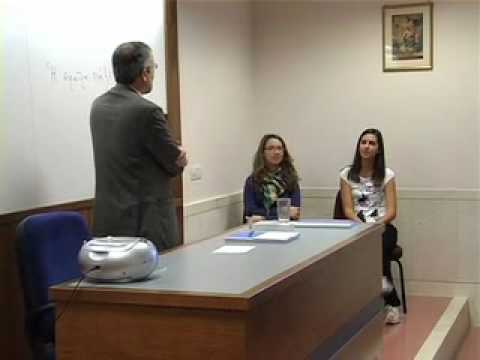I’m new to LingQ, and so far I’m loving the language learning style here. I’m currently working through some of the German beginner programs to become more familiar with the site.
I was listening to the Linguist podcast on Esperanto and French immersion, and he mentioned the importance of interesting, meaningful content when learning a language. In doing so he brought up the possibility of Ancient Greek and/or Latin being available through LingQ at some point in the future. Now, I’m a philosophy student who is interested in getting some of my Ancient Greek texts available through these kinds of tools (Perseus Digital Library has a “similar” system for greek/latin/arabic, but it’s much more complicated and their site can be slow). My knowledge/“fluency” in Ancient Greek is relatively advanced – I can get through Aristotle, Plato, the New Testament, etc., with limited aid from a Lexicon. The texts themselves (Plato, etc.) are more or less entirely available online for free – as obviously there are no copyrights for 2,500 year old texts. . .
I haven’t looked into how to add content to the site, but if an Ancient Greek section were to be opened up in the future I would be willing to help out. The obvious “problem” with Ancient Greek is that there’s literally no such thing as a “native speaker”. The best we can do is extrapolate from modern Greek pronunciation and what was transcribed into Latin after the rise of Rome. As such, audio recordings would be difficult. Furthermore, I am of the opinion that Ancient Greek’s grammatical structure is sufficiently complicated that – for a complete beginner – some level of grammar instruction is almost necessary (I’m sure some would disagree). Specially given that there are no native speakers of the language and “easy” conversations – i.e., "Hello, what is your name? – don’t exist. The New Testament is the “easiest” Greek to read; and the closest you get to conversation are the Platonic Dialogues, which are more like Shakespearean plays than actual spoken word.
All that said. . . Latin would be a lot easier in that regard, since it is still spoken (in the Vatican, etc.,) and as such there are pronunciation guidelines and “native speakers”. However, my knowledge of Latin is, at the moment, very limited so I couldn’t help in that area. Though I imagine there are plenty of others who can.
